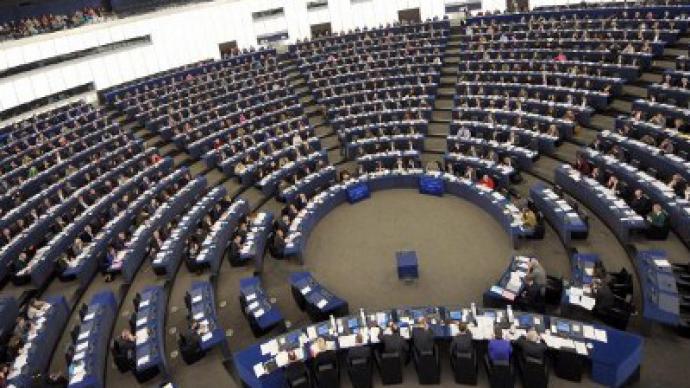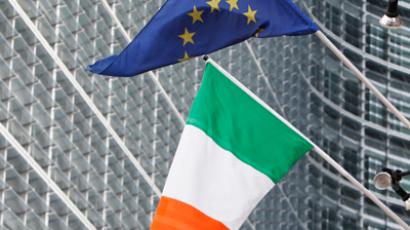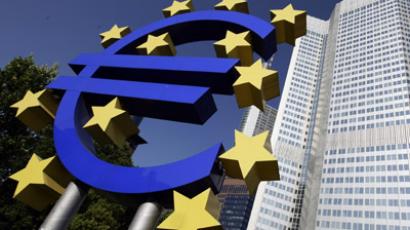Political bravery the rescue for the EU

As most European countries sign the pact for tougher fiscal discipline and provide new lifelines to troubled Greece, the outstanding question is whether the recipe will really help?
And why there hasn’t so far been that much progress in addressing the underlying problems?The latest European data is disappointing. The unemployment rate in Europe has hit a 14-year high of 10.7% in January, with inflation also up to 2.7% in February. The latest PMI Index for the Eurozone countries – an indicator of business activity in the area – grew just 0.2 points last month, but still remained pointing towards economic contraction.“The great disaster about the ongoing crisis is that the European politicians have shown their political and economic incompetence. They’ve been just following events,” Patrick Young, Executive Director of the investment advisory firm DV Advisors, told Business RT.The new treaty signed by 17 Eurozone countries and eight EU countries is aimed at ensuring the countries won’t overspend: their budget deficit shouldn’t be over 3% of the country’s GDP. Debt-laden Spain already said it won’t meet the requirement until the end of 2013. The United Kingdom and the Czech Republic didn’t sign the treaty.British Prime Minister David Cameron has been calling for more trade liberalisation and less control from Brussels. There are also fears that tough fiscal limits would hamper the economic development of the country.Many economists say a middle ground with fiscal discipline coupled with less Government in the economy would be the recipe for indebted Europe. Yet, a general stumbling block for the recovery in Europe is the lack of political will and consensus.“We need a strong say from politicians. And we need the politicians to help people prosper by deregulating market places,” and letting people get their jobs, as well as do their businesses more easy, Young continued.Since the whole Europe is currently over borrowed, where even Germany and France have a debt to GDP ratio standing above 80%, all EU states need to cut how much they spend first and then deregulate, Young continued.“Everybody [the EU states] is in the same boat. They all need to cut debt and they all need to cut back on regulation and red tape,” he said.And so far there has been too much divergence about the way to implement that, added Johan Van Overtveldteditor-in-chief of Belgium's Trends and Knack magazines.Basically, according to the Euro area financial norms – the Maastricht criteria – a debt to GDP figure shouldn’t exceed 60%.Though being painful at the start, “fiscal discipline is obviously necessary to address government debt issues,” Johan Van Overtveldttold Business RT. And such fiscal cuts should have great long term outlays, where lower Government debts would in turn reduce the amount of risk associated with the economies and attract more investors, Young added. “All we need now is strong leadership. People of the kind of Margaret Thatcher or Ronald Reagan” the expert said. “What the British Prime Minister did was that she cut back, as well as deregulated, which gave a more dynamic to the British Government longer term,” he added.














